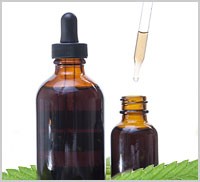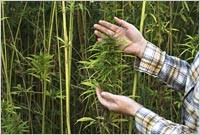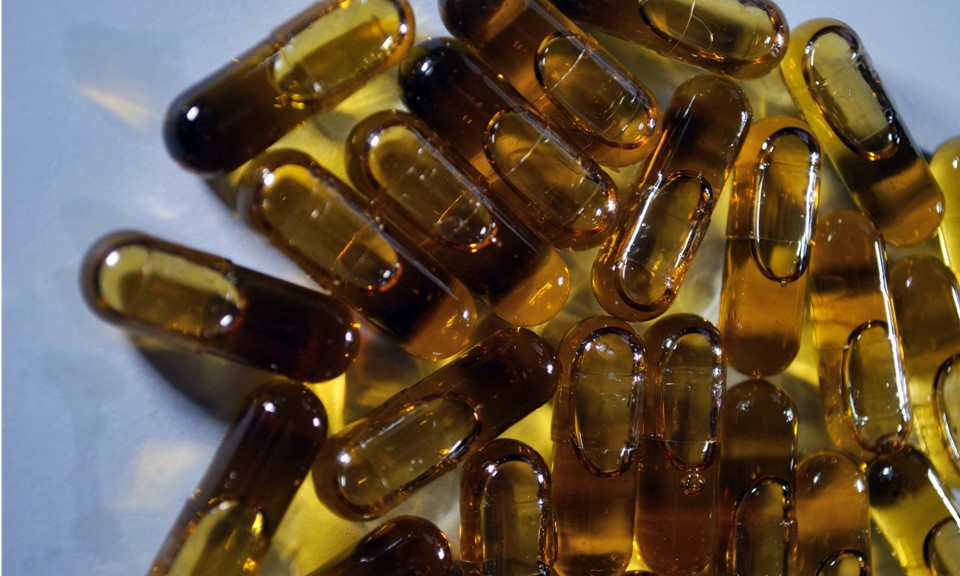 A three judge panel for the Ninth Circuit Court of Appeals has denied a petition filed by the Hemp Industries Association challenging the DEA’s authority to establish a new administrative drug code specifically for marijuana extracts. The DEA first announced the proposed rule change in 2011, but did not enact the new policy until January 13, 2017.
A three judge panel for the Ninth Circuit Court of Appeals has denied a petition filed by the Hemp Industries Association challenging the DEA’s authority to establish a new administrative drug code specifically for marijuana extracts. The DEA first announced the proposed rule change in 2011, but did not enact the new policy until January 13, 2017.
In a decision filed on April 30, the Court rejected petitioners’ arguments – opining the DEA’s classification of marijuana extracts does not conflict with the provisions of either the Agricultural Act of 2014 (aka the ‘Farm Bill) or the Consolidated Appropriations Act, which limits the Justice Department from spending federal dollars to intervene in state-sanctioned activities involving marijuana or industrial hemp. The Court also dismissed petitioners’ argument that the rule substantively amended the federal Controlled Substances Act. Justices opined that such extract products, including those containing primarily CBD, were already classified under federal law as schedule I controlled substances.
The DEA has long contended that it possesses broad regulatory authority over “all parts of the plant Cannabis sativa L.,” including “the resin extracted from any part of such plant; and every compound, manufacture, salt, derivative, mixture, or preparation of such plant, its seeds or resin.” The agency includes among this definition products containing cannabidiol or any other non-THC cannabinoids derived from the marijuana plant. It further states, “[T]he Agricultural Act of 2014 does not permit entities [who are not registered with the DEA] … to produce non-FDA-approved drug products made from cannabis.”
Over a dozen states have enacted legislation in recent years exempting certain persons who possess extracts high in cannabinoid from criminal prosecution. Legislation to approve the retail sale of CBD extracts to adults in Kansas is awaiting gubernatorial action. Indiana lawmakers approved a similar law in April. Several pieces of legislation seeking to exclude CBD from the federal definition of marijuana are pending in Congress. In 2015, Nora Volkow, the Director of the US National Institute on Drug Abuse, publicly acknowledged that CBD is “a safe drug with no addictive effects.”
Petitioners say that they intend to appeal the ruling.
The case is Hemp Industries Association et al., v. US Drug Enforcement Administration et al., (No. 17-70162).
















